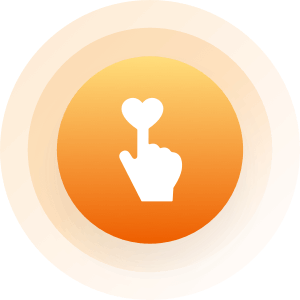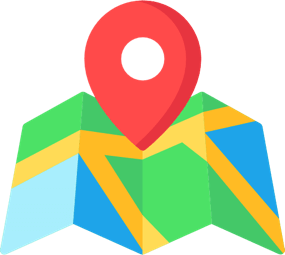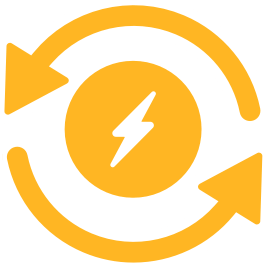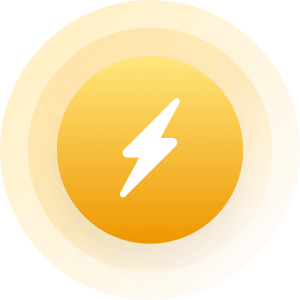| Topic: TSA Approves Scanner That Will Let Fliers Who Pay Keep Their | |
|---|---|
|
Source:
http://online.wsj.com/public/article/SB116598078991348617-ixe9zZfYn1035s3P88WdMJZDTTI_20071213.html?mod=blogs TSA Approves Scanner That Will Let Fliers Who Pay Keep Their Shoes On LAURA MECKLER Wall St Journal Thursday, December 14, 2006 WASHINGTON -- The U.S. government approved new technology that will automatically scan shoes and boots for bombs, and promises that travelers will soon be spared the trouble of scurrying through security in their socks. But the new machines will be available only to travelers who pay to join a special program, at least at first. The shoe-scanner approval will give a crucial boost to the Registered Traveler program, which is designed to provide faster airport security screening, via a special security line, to travelers who sign up in advance and undergo a background check. But the program, to be run by private companies under the supervision of the Transportation Security Administration, has languished for years, and currently is operating only in Orlando, Fla. The shoe scanner is expected to draw customers to the program because not only will it speed up lines. It will also offer another perk -- remaining shod -- to attract customers willing to pay annual fees of about $100. "We've always said that Registered Traveler has to be more than a front-of-the-line program," says Steven Brill, chief executive of Verified Identity Pass Inc., which operates the Registered Traveler program in Orlando. A handful of other companies also want to offer Registered Traveler programs at airports. Travelers who join the programs will undergo background checks, and then get biometric cards designed to work at any airport's Registered Traveler kiosks, where iris scans or fingerprints would match the person with his or her ID card. Those kiosks are designed to be used in conjunction with existing carry-on baggage X-ray machines and metal detectors. The speedy handling of known travelers is designed to free up the TSA to focus on other passengers, who may pose a greater risk. Private companies that take part in the program must be approved by the TSA and compete to win contracts from airports to provide the service. Interoperable technology will allow customers of any given company to use another company's security lines when traveling through various airports. The shoe scanner is part of a kiosk developed by General Electric Co.'s GE Security, which is a minority investor in Verified. Passengers step onto a platform with hip-level walls and enter identifying information on the touch screen. Meanwhile, their shoes are scanned for bombs from below, and residue from their fingers is analyzed to detect trace amounts of explosive material. "We're comfortable with the level of the security that the shoe scanner provides," said Christopher White, a spokesman for the TSA. The TSA says it will examine each airport's setup before giving each site the go-ahead to dispense with shoe removal. Verified and GE Security hope that, in the future, the use of this trace detector will eliminate the need for passengers to take off their jackets when they walk through security. The TSA has yet to approve the trace detector. The kiosk, including both the shoe scanner and the trace detector, has been undergoing testing at Orlando. Verified has bought 20 of the kiosks for use at the airports where it has contracts to operate Registered Traveler programs. It plans to launch operations at John F. Kennedy International Airport's Terminal 7, which is run by British Airways, as early as next week. The company plans to follow at three more airports -- in Cincinnati, San Jose, Calif., and Indianapolis -- in the coming weeks. It is charging passengers $99.95 per year. Not everyone is enthused about Registered Traveler. The major airline trade group, the Air Transport Association, has tried to dissuade airports from signing on, arguing that it will deliver little benefit while distracting the TSA from other priorities such as developing a new system for monitoring passenger lists for the names of suspected terrorists. In addition, airlines already offer special security lines to first-class and most-frequent fliers at some airports, and Registered Traveler could wind up competing with this and other airline-provided perks. The other companies competing for Registered Traveler contracts also promise to buy advanced screening equipment once it is approved for use by the TSA. That technology, which is in various stages of development, is designed to ease the three major headaches of airport screening: removing shoes, jackets and laptops from their cases. Unisys Corp., which has signed up the airport in Reno, Nev., is considering buying the shoe scanners but is also looking at backscatter technology, which the TSA is now testing in Phoenix. Backscatter is an X-ray that can see through clothing to detect threatening objects that might be hidden. This technology should allow passengers to keep shoes and jackets on as they pass through security, said Larry Zmuda, who heads the Registered Traveler program for Unisys. "We're going to try and push for multiple benefits and not just shoes." A third major player is Saflink Corp., which hasn't yet won an airport contract. It is focusing on building relationships with charitable groups, universities, professional sports teams and trade associations that would offer the company's card, called Fast Lane Option, at a discount or as a fund-raising device for the organization. All three companies are developing packages of various travel and nontravel related perks, ranging from discounts on airport parking and merchandise to credit card and offers and deals on mortgage rates. Any new technology used for Registered Traveler is being paid for by the private companies. The new GE kiosks, for instance, cost more than $150,000 each. That might be too expensive for the federal government to buy and install for the use of all air travelers. But the government will monitor the performance of the machines and could wind up buying them down the road. "The people who travel the most ... will finance development of technology for everybody else," says Mr. Brill. "That's a pretty good model." |
|
|
|
|
|
so much for that idea
|
|
|
|
|
|
Ah yes..pay your way to access to death and destruction right?
Oopps...not that people who can pay are potential terrorists. We all know only people of color, non-Christians, foreigners, the poor unwashed and those "other" people are dangerous...hahaha So, feel safer now? Oh...here is something I find kind of entertaining. We have posters here who think that restrictions on travel, searches, wiretapping and all that are good stuff to ensure our freedom ( a false trade but oh well) but who decry things like universal health care because it scares them..you know the government having all that control over your choices... HA HA HA Oh well...that's another thread. Watch out for those sleeper cells! They might be able to fly first class. |
|
|
|
|








